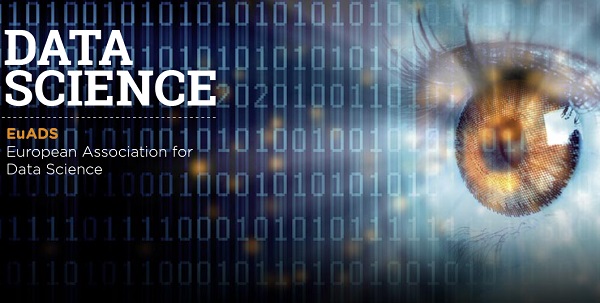
The European Association for Data Science (EuADS) will host a summer school dedicated to “Automated Data Science” (AutoDS) at the Maison d'Accueil (Convent of the Franciscan Sisters; 50 Avenue Gaston Diderich, L-1420) in Luxembourg-Belair from Tuesday 8 July to Friday 11 July 2025.
EuADS noted that with the increasing complexity of data science projects and the limited availability of human expertise, the idea of automating or partially automating the work of a data scientist has come to the fore in recent years. AutoDS aims to streamline the data science workflow, making processes such as data pre-processing, feature engineering, model selection, evaluation and deployment faster and more accessible.
According to EuADS, by reducing manual intervention, AutoDS enables both non-experts and data scientists to work more efficiently, scale projects and make data science accessible to a broader audience. It leverages tools from automated machine learning (AutoML) frameworks, automated visualisation and interpretability techniques to enable efficient model tuning, robust evaluation and easy deployment.
Despite its advantages in efficiency and scalability, challenges remain in automating subtasks that are context-dependent and require human interaction, as well as model interpretability, dependence on data quality and ethical concerns related to bias in automated models. These and other issues will be addressed in a series of five tutorials delivered by leading experts in the field.
EuADS have advised that summer school emphasises the interdisciplinary nature of data science and is primarily aimed at PhD students, postdoctoral and early-career researchers with a basic grounding in data science, statistics, machine learning, AI or related fields and an interest in interdisciplinary research and applications.
The summer school will be preceded by a public event on the afternoon of Tuesday 8 July 2025 at 15:00. At the heart of this event is the Sabine-Krolak-Schwerdt-Lecture, in memoriam of EuADS’ founding president. This will be hosted by Professor of Computer Science at KU Leuven, Luc De Raedt. Participation in the public event is free of charge. However, registration is required.








